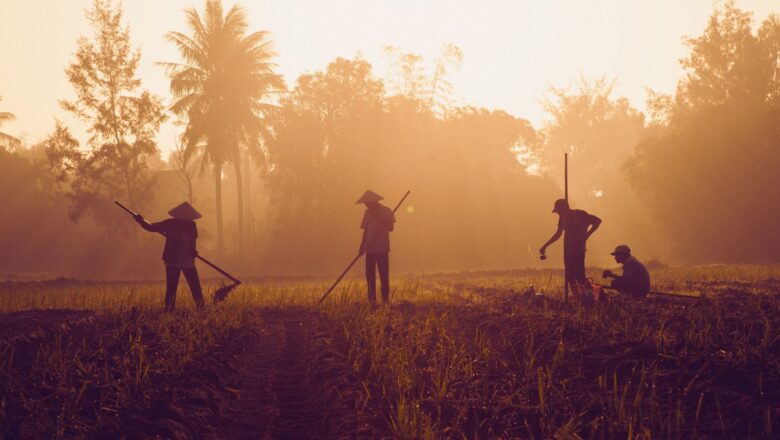
Rethinking Disaster Preparedness: Why Behavioural Insights Matter
When disaster strikes, having early warnings and strong infrastructure saves lives. But often, even when people know the risks, they don’t act. Why? The answer lies in human behaviour.
In March 2025, Myanmar was hit by a massive 7.7 magnitude earthquake. Survivors like Ma Phyu Sin Win were grateful for emergency kits basic things like food, solar lamps, and hygiene products. “Every little item helps during this time,” she said. But the damage went far beyond broken buildings. Around 1.6 million structures were exposed to intense shaking, many not built to survive it.
Disasters like this are becoming more frequent and more destructive. In 2024 alone, extreme weather caused $320 billion in economic losses. But the real damage continues long after the floodwaters recede or the ground st...





